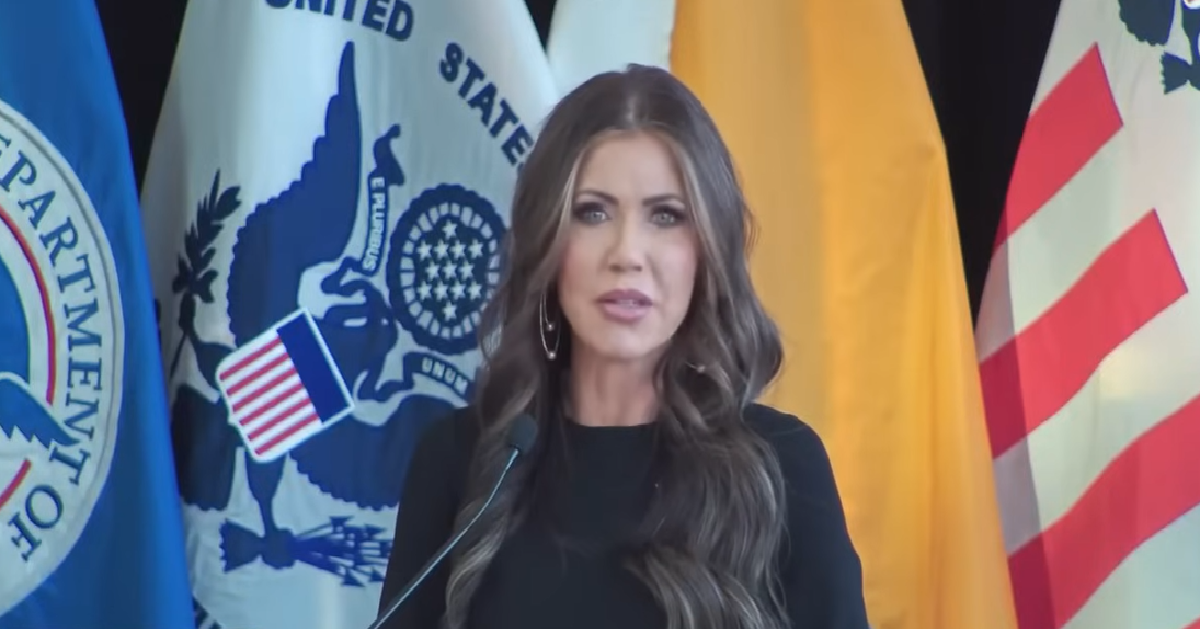Columnist: Supreme Court ruling may have doomed Jack Smith's case against Trump
Last year saw Special Counsel Jack Smith indict President Donald Trump in Washington, D.C. on four charges relating to the 2020 election.
However, a recent decision by the Supreme Court could end up foiling Smith's case and leave Trump in the clear.
Ruling establishes a presumption of immunity for official actions
In a majority opinion authored last month by Chief Justice John Roberts, America's highest judicial body declared that a president "may not be prosecuted for exercising his core constitutional powers."
Although a president can face prosecution for unofficial acts, he "is entitled, at a minimum, to a presumptive immunity from prosecution for all his official acts."
Roberts further emphasized that this "immunity applies equally to all occupants of the Oval Office, regardless of politics, policy, or party."
The Hill contributor Kimberly Wehle noted in an op-ed piece published on Wednesday that Smith responded by seeking a three-week delay from Judge Tanya Chutkan, which she granted.
Smith must "divine a strategy for salvaging the prosecution"
Smith justified his request on the grounds that his office needs time to consult "with other Department of Justice components," and Wehle conceded that he could be "merely checking the boxes of DOJ bureaucracy."
Yet the author stressed that Smith must now "divine a strategy for salvaging the prosecution," something she described as "a daunting project."
She explained that the Supreme Court's ruling "demands a seemingly endless array of questions that Chutkan must unpack."
"It could take months, if not years, to resolve them all definitively on appeal," Wehle continued before adding, "Yet that must happen before a single juror can be sworn in."
Complex questions over the nature of Trump's actions
"For every allegation in the indictment, Chutkan must first decide whether a particular action taken by Trump involved one of the president's 'core' powers," the writer pointed out.
If Chutkan finds that an action was not tied to Trump's "core" powers and thus not covered by absolute immunity, she must then determine whether it enjoys presumptive immunity as an "official" act or can be prosecuted as an "unofficial" act.
For an action to be considered "unofficial" in nature, it must be "manifestly or palpably beyond [the president’s] authority."
This makes it all but impossible that Trump's case will make much progress before this year's election, and Wehle pointed out that "Smith will have to decide if there's enough evidence left to prove a crime beyond a reasonable doubt."






